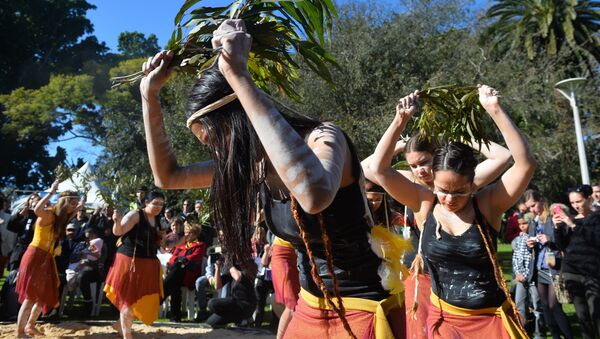A neurodegenerative condition known as Machado-Joseph Disease (MJD) was discovered to be the “curse” that was painfully killing hundreds of inhabitants of on Groote Eylandt, which is separated by a 50km wide strait from the Northern Territory. However, like Parkinson's disease, which is sometimes confused with MJD, no one can relieve the islanders from it, as there is still no cure.
The Daily Mail reports that for years many Aboriginals thought that they had been cursed, as many of them started developing a number of severe symptoms, gradually losing their ability to walk, talk, eat, and other muscular activities, dying slowly and painfully. However, the explanation was discovered in their genetics.
According to The MJD Foundation, a fault in a chromosome is leading to the production of an abnormal protein, which becomes fatal for nerve cells in the brain. What begins as muscular weakness grows into total physical disability. In the end, a person completely loses his or her ability to talk or move, while remaining fully alert.
READ MORE: Australian Northern Territory Aborigines' Livelihood Still Poor Despite Funding
The researchers found out that the Northern Territory in Australia had the highest concentration of people with MJD and its gravest strain. The outlet points out that more than 100 of the region’s inhabitants already show MJD symptoms, while over 654 could develop the disease in the future – most of them from the island.
The Australian cites research suggesting that each generation tends to develop the illness earlier than the previous one.
“Every time someone with MJD has a child, that risk is there. The numbers will continue to grow”, MJD Foundation Director of Research and Education Libby Massey says, as cited by the outlet.
Nevertheless, there is still a glimpse of hope, as scientists are reportedly now working towards testing various drugs designed to neutralize the fatal protein by using genetically manipulated zebrafish. The fish are able to carry the human gene considered to be the source of the condition.


